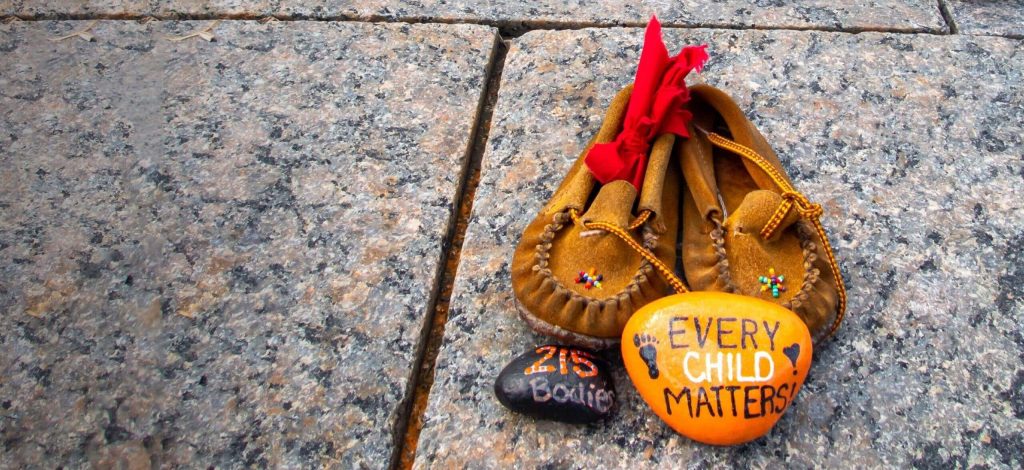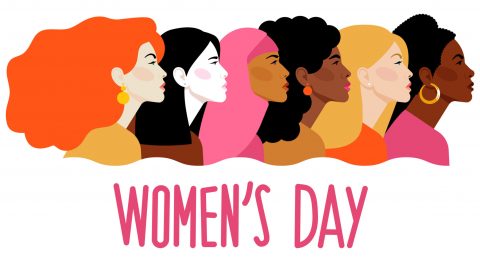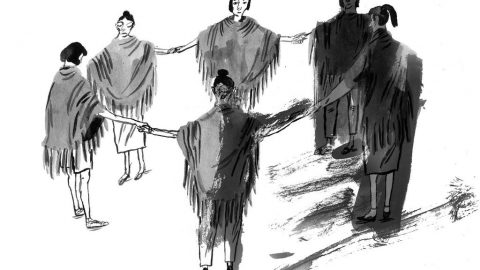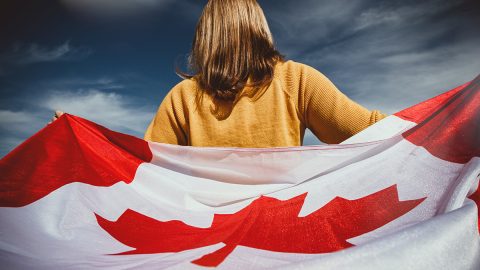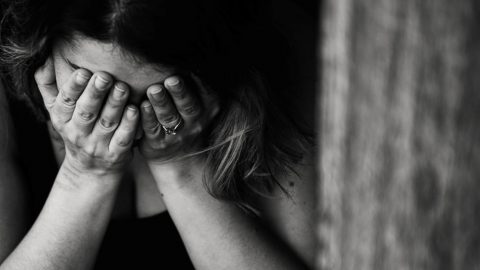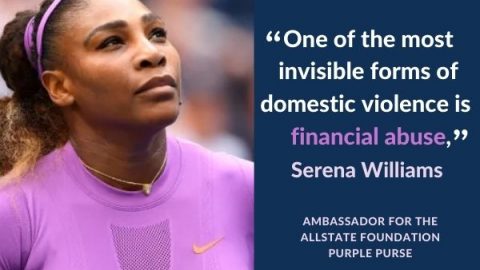National Day for Truth and Reconciliation: Discussing Gender Based Violence Against Indigenous Women
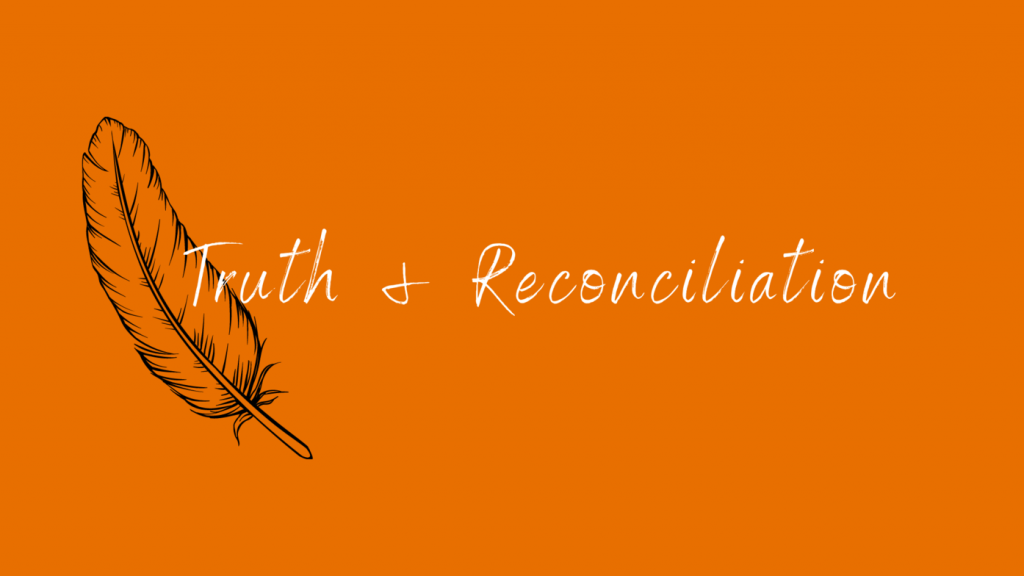
Gender-based violence is a term used to describe the abuse and violence experienced by women and girls due to their gender. Forms of abuse and violence can be emotional, physical, verbal, spiritual, and economic. Gender-based violence occurs in any type of relationship. Violence occurs at higher rates in women with intersecting identities, such as race, sexuality, disability, or socioeconomic class. In Canada, Inuit First Nation, and Métis women experience disproportionately high rates and more severe violence due to the intergenerational effects of colonial violence and the patriarchal norms enshrined through colonialism.
Indigenous Victimization in Canada
First Nations, Inuit and Métis people in Canada have historically faced institutional and systemic oppression, impacting people and communities to this day. Due to their social positioning at the intersections of Indigeneity and gender, Indigenous women face increased risk of gender-based violence. Violent colonial acts such as forced placement in Residential Schools, apprehension of children in the Sixties Scoop (and the disproportionate rates of Indigenous children placed in care currently) or the mass incarceration of Indigenous peoples has led to breakdown of traditional Indigenous economics, disconnectedness to social and cultural practices, and breakdown of family systems. Research has shown that physical and sexual abuse during childhood or even exposure to violence can increase the risk of intimate partner violence in adulthood (Perreault, 2022). Indigenous peoples in Canada are more likely to experience intergenerational trauma due to historical violence and their experiences in childhood and this may also lead to greater risk of intimate partner violence in adulthood (Heidinger, 2021). In addition to these unique experiences of violence, Indigenous women are also more likely to experience violence or abuse at the hands of a perpetrator that is not an intimate partner, as seen in the growing cases of Indigenous women and girls who have gone missing or been murdered in Canada. Six in 10 Indigenous women (or 63%) have reported experiencing physical or sexual violence in their lifetime by either an intimate or other perpetrator, compared with only 45% of non-Indigenous women (Heidinger, 2021). Thus, Indigenous women face compounded forms of violence at the hands of the colonial state as well as from intimate or other perpetrators.
Economic Conditions of Indigenous People in Canada
The economic well-being of First Nations, Inuit and Métis groups is complex and multi-faceted. Indigenous peoples living on reserve typically have a lower employment rate compared to those living off-reserve. Furthermore, Indigenous men living on-reserve statistically have a higher employment rate compared to women (Trovato et al., 2021), leaving women to be more financially dependent on their partners for survival and can increase the risk of physical, emotional and especially economic abuse. Off-reserve, Indigenous women continue to face lower employment rates and receive lower income compared to Indigenous men living off reserve (Trovato et al., 2021). These statistics highlight how colonial patriarchal views of gender inequality continue to impact Indigenous women living on or off reserve. Indigenous peoples face structural opppressions and socioeconomic inequalities that impact the degree to which they can participate in the colonial economy and labour market, such as discrimination, poverty, quality of and access to education, geographic location, and appalling housing conditions (e.g. boil-water advisories on reserves) that perpetuate further harm to communities and women in attaining financial and economic independence (Trovato et al., 2021). Thus, the lack of economic opportunity, the colonial impact on cultures and traditions and the lack of resources both on and off reserve positions Indigenous at heightened risk of domestic violence and abuse.
The Way Forward: Putting TRC into Action
September 30 is observed as National Day for Truth and Reconciliation in Canada that began as an Indigenous-led grassroots movement recognizing the impacts of residential school on individuals and families. The Truth and Reconciliation Commission of Canada’s report in 2012 highlights 94 calls to justice that governments and individuals must implement in order to reconcile the harm done to Indigenous peoples. Of the calls to action, the report calls for an investigation of and justice for Inidgenous women and girls who have gone missing and been murdered and linkages to residential schools. The National Inquiry into Missing and Murdered Indigenous Women and Girls (MMIWG) was subsequently published in 2019 and highlights 231 Calls For Justice aiming to address the systemic issues leading to the disproportionately high number of missing and murdered Indigenous women. Influenced by the National Inquiry, The Native Women Association of Canada and other Indigenous groups have determined four pathways through which the colonial structure of society perpetuates violence against Indigenous women and girls: historical, multigenerational, and intergenerational trauma; social and economic marginalization; institutional lack of will; and ignoring the agency of Indigenous peoples, especially women, girls and 2SLGBTQQIA+ persons (NWAC, 2021). Thus, interventions on gender-based violence against Indigenous women and girls must centre the unique experiences of violence towards Indigenous peoples as a whole and on Indigenous values and practices. Preventing violence against Indigenous women and girls and 2-Spirited people must take a decolonizing approach strengthening Indigenous enterprise, recognizing Indigenous right to self government and development, and take a community-centered and women-led approach.
We recognize that the Canadian Center for Women’s Empowerment (CCFWE) is located on the unceded territory of the Algonquin Anishinaabe Nation. We extend our respect to all First Nations, Inuit, and Métis peoples for their valuable past and present contributions to this land. We continue to work for deserved treatments, recognized freedoms, justice, and rights for all.
Exclusively written for CCFWE.org
By: Candace Gomes
